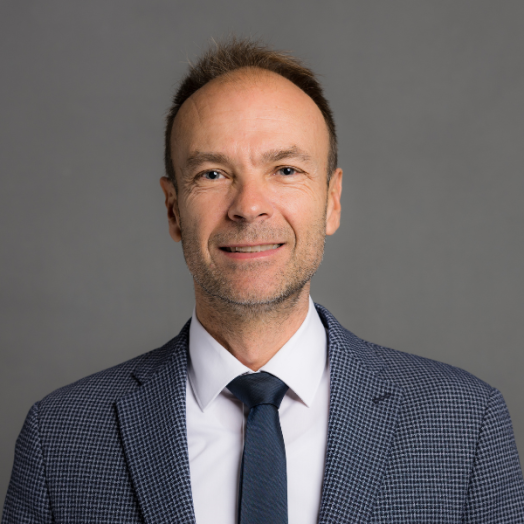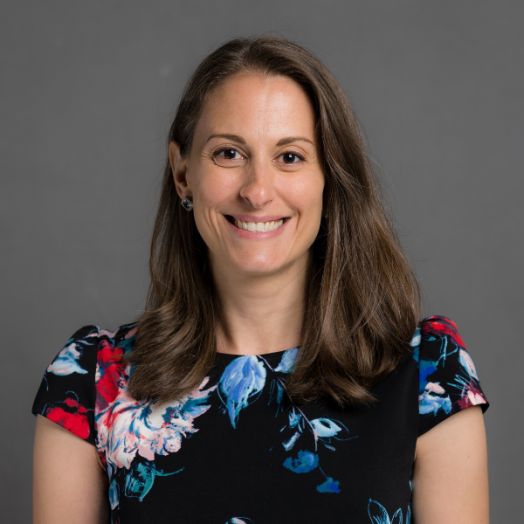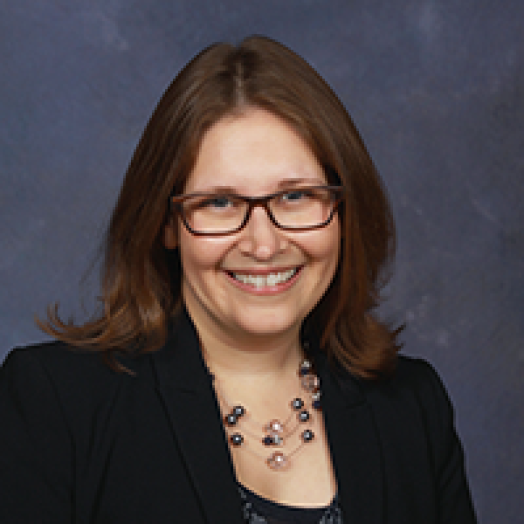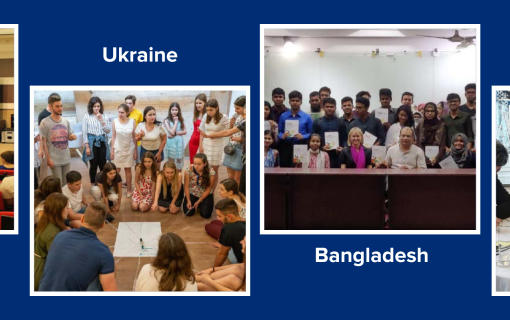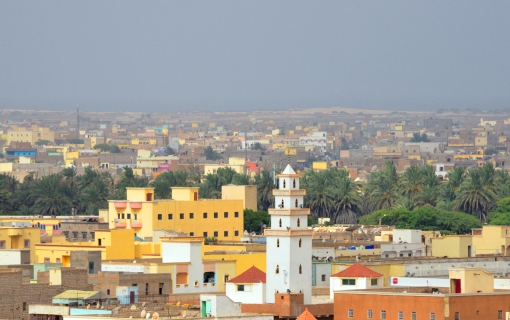Advancing Inclusive Democracy in Tunisia Through New Technologies
Tunisia has rightly been heralded as a democratic success story in the Middle East and North Africa, overcoming many obstacles to hold free and fair elections. Yet, challenges persist, including ensuring that all groups, especially persons with disabilities, have equal opportunity to participate in the political process. Tunisians who are deaf or hard-of-hearing continue to face barriers to their participation, despite attempts to adopt and implement more inclusive laws. For example, while Tunisia introduced a law mandating a quota for candidates with disabilities in the 2018 municipal elections, only 144 councilors with disabilities – out of 7,212 seats across the country – were elected. Moreover, information available in sign language is scarce: only one TV channel airs a daily news program with sign language, but it lasts only 15 minutes. Furthermore, few political parties seek to explain their programs in sign language to deaf and hard-of-hearing communities.
Against this backdrop, the International Foundation for Electoral Systems (IFES) sought to make electoral information available to citizens who are deaf or hard-of-hearing in the runup to Tunisia’s 2019 national elections. To this end, IFES developed a sign language lexicon of nearly 200 electoral concepts and a companion smartphone application. The sign language lexicon features photographic representations of Tunisian sign language interpretations of electoral concepts, which are further defined in videos with French and Arabic voice-overs on the smartphone application. The combination of visual and audio presentation of the concepts ensures that the lexicon serves both Tunisians who have low vision and those who are deaf or hard-of-hearing.
The sign language lexicon was the product of a collaborative partnership between IFES and Tunisian disabled persons organizations (DPOs). IFES’ electoral experts selected nearly 200 electoral concepts for translation – a complex and creative process given the diversity of Tunisian sign language and absence of direct translations. After finalizing the initial translations, IFES organized a series of workshops with 40 people of all ages and genders from 20 DPOs to validate and hone the translations.
IFES then meticulously photographed sign language experts as they formed the signs. The resulting thousands of pictures were gathered into the print version of the sign language lexicon, Icharti Sawti or “My Sign My Voice.” The next steps were to film the experts as they signed the definitions of the concepts, record the French and Arabic voice-overs and upload these materials to a website and the smartphone application, which is available for Android and iOS. IFES finalized the sign language lexicon ahead of the 2019 elections so that DPOs could use it to assist voters who are deaf or hard-of-hearing voters on Election Day. In the coming months, IFES plans to introduce enhancements to the application to broaden its appeal and use. For example, IFES will add games, challenges and quizzes to the application – a process called gamification – to increase user engagement.
Video Summarizing the Production of the Icharti Sawti Sign Language Lexicon
While the sign language lexicon was the chief product of this collaboration, the participants found themselves transformed by their work on the lexicon. Ghassen Sabri was one of the most engaged participants and has since become a vocal advocate of the lexicon’s use. Sabri was a prominent voice in a debate about the inclusion of persons who are deaf and hard-of-hearing in public life during the IFES’ International Day of Democracy celebration on September 13 and led a presentation on the lexicon for members of the Tunisian Aid Association for the Deaf. As a direct result of his involvement in the lexicon project and thanks to his demonstrated leadership skills, he was hired by the High Independent Authority for Elections as the first-ever assistant director of a polling center who is deaf during the 2019 elections.
According to Sabri, “all deaf and hard-of-hearing persons say that it’s difficult to be equal to nondeaf, but I tell them, participate, get trained on elections procedures and then it’s easy to work on Election Day like I did.”
A Video Interview with Ghassen Sabri
The IFES electoral lexicon not only led to the discovery of a rising political star from the deaf and hard-of-hearing community but also paved the way for other initiatives to make the electoral process more inclusive. For example, following IFES’ distribution of the electoral lexicon, two prominent TV channels requested that IFES recommend sign language interpreters to provide simultaneous interpretation during coverage of the first round of the presidential election and during the highly watched presidential debates.
The IFES sign language lexicon began as a tool to make the political process in Tunisia more inclusive by increasing the access of voters with disabilities to election information. But, as Ghassen Sabri's story and the media's increased interest in inclusive programming demonstrate, this simple tool is inspiring broader changes in Tunisia. Tunisians with disabilities feel empowered to play more active roles in political life and to advocate for themselves, while governmental and nongovernmental organizations increasingly recognize the value of inclusive democracy.
IFES’ work in Tunisia is made possible with the support of the United States Agency for International Development through the Consortium for Elections and Political Process Strengthening (CEPPS). Established in 1995, CEPPS pools the expertise of three premier international organizations dedicated to democratic development: IFES, the International Republican Institute and the National Democratic Institute. CEPPS has a 20-year track record of collaboration and leadership in democracy, human rights and governance support, learning from experience, and adopting new approaches and tools based on the ever-evolving technological landscape.




